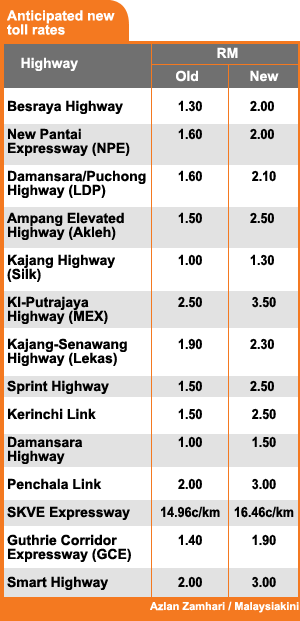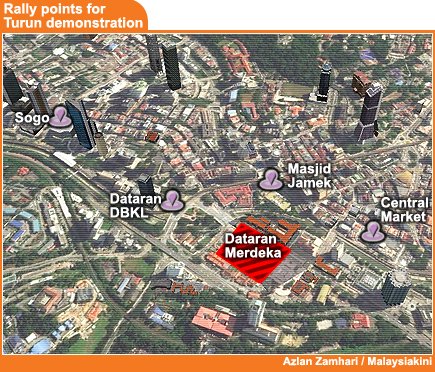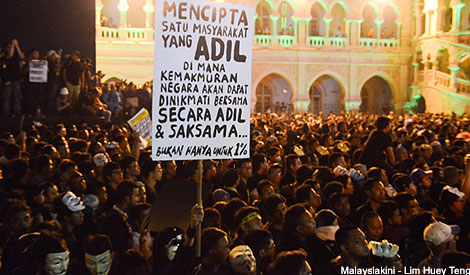By P Gunasegaram
Malaysiakini
Jan 22, 2015
QUESTION TIME Granted we have lots of problems in the country and tonnes of wastage. We overpay for contracts, we have a strategic investment fund which has gone amok and is investing willy nilly with borrowed money, we have a looming disaster in the form of RM30 billion at risk in a private finance initiative gone wrong and we have loads of patronage.
Does this necessarily mean that the economy is in crisis if we put all this together with a weakening ringgit and oil prices which have fallen off a cliff? Does this mean this year will be a disaster and one of gloom and doom for Malaysia?
It is tough to do but this is when we need to be rational about things and assess economic conditions with a cool head, separating this to some extent from the sad state of politics in the country which leads to a whole host of economic concerns.
Let’s just take a couple of the most serious concerns and examine them in some detail to see what gives. First, the weakening ringgit which was at its lowest levels in six years. But why was it low six years ago – early 2009 to be precise? Continue reading “Is the economy in crisis now?”

 Not unlike Marie Antoinette, the prime minister is obstinately insisting that the people can afford these massive hikes. Talk about telling the masses to eat cake, he adds insult to injury by saying these increase are not a burden!
Not unlike Marie Antoinette, the prime minister is obstinately insisting that the people can afford these massive hikes. Talk about telling the masses to eat cake, he adds insult to injury by saying these increase are not a burden!
 They then marched to Dataran DBKL before proceeding to the adjacent Dataran Merdeka where the Kuala Lumpur City Hall is organising a New Year’s concert.
They then marched to Dataran DBKL before proceeding to the adjacent Dataran Merdeka where the Kuala Lumpur City Hall is organising a New Year’s concert. He then leads the protesters in a comedic song which contains the lyrics “We love the police and the police loves us… We are only just upset that BN cheated us because they said toll will go down, but instead it went up”.
He then leads the protesters in a comedic song which contains the lyrics “We love the police and the police loves us… We are only just upset that BN cheated us because they said toll will go down, but instead it went up”.